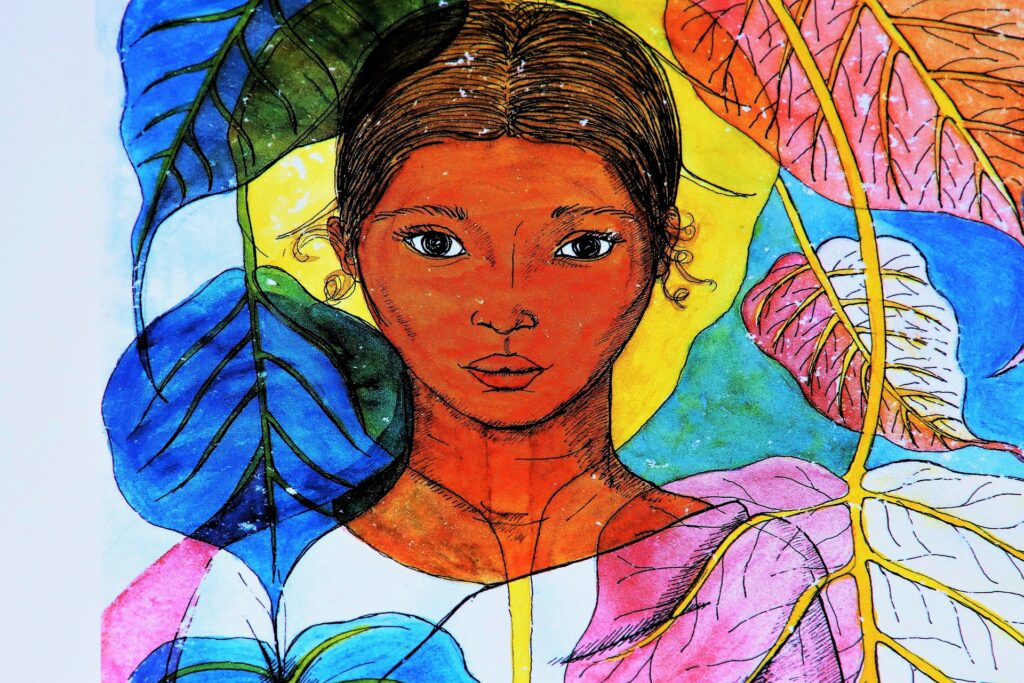
Although I am of Southeast Asian descent, having been born in Sri Lanka, I emigrated to the United States at an early age. Emigrating early to the U.S. and having been brought up in an English speaking household, I had few difficulties in acclimatizing myself to American culture. What was more difficult was to reconcile American customs for a teenager with Sri Lankan customs for a teenager – in other words, the biggest area in which I experienced a cultural conflict was in the parent-teenager relationship. Sri Lankan culture is more conservative – teenage girls are not allowed to date until the age of eighteen, had a strict curfew of 10 pm, were not allowed to attend boy-girl parties, and were not allowed to drink or smoke. As such, having mostly Caucasian friends, I was constantly ridiculed by my friends for abiding by my parents’ rules – Why can’t you stay out later? Why can’t you date? Why can’t you have a drink? Although I followed my parents’ rules , I resented them for making me look ridiculous in front of my friends, and constantly argued about these rules. I accused them of being old-fashioned, and “set in their ways” , unable to adapt to the new, liberal culture of their new country. Although I now see the reason for their strict rules, I have never forgotten this experience.
For a teenager of one cultural background, growing up here in America, I would advise to never forget where they came from, while adapting to the culture here. I feel that the cultural identity you are born into is so ingrained in you, that to deny it completely is to deny who you are. Rather than face an identity crisis, I would keep in touch with certain aspects of your native culture, while adapting to the American culture. For example, a few of my Indian friends, will eat native Indian food at home, speak Bengali at home, and wear traditional Indian saris to family events, but while in school in the U.S, speak English, wear American clothes, embrace American music and movies, in order to fit in socially and form good friendships here. I think this is especially crucial during the adolescent years, where there are many other pressures on a teenager. Often, a teenager is the subject of ridicule and abuse, particularly because of their culture. As an adult, it is easier to talk to acquaintances or friends about your cultural background, and the majority of adults are accepting and respectful of differences. Those that are not accepting have a deeply ingrained prejudice that it is safest to ignore rather than confront. I would tell a teenager from a different cultural background, that it is hard enough being a teenager, facing pressure to “fit in” ,because of your appearance or interests or values, that I would suggest at least making the attempt to adapt to this culture. If you cannot, then try to find other people who think similarly or dress or act in a similar manner to you, so that you can find social support to rely on to combat the negativity or ridicule you may encounter being from a different culture.
Above all, embrace your differences. Everyone is unique – that should be cause for celebration not a cause for ridicule or negativity. But don’t be afraid to fit in – embracing a new culture does not mean you completely lose the old one, it just means that you are human, and want to be able to form social connections, friendships and relationships to help ease you through the difficulties that life may present.

Terrific Article